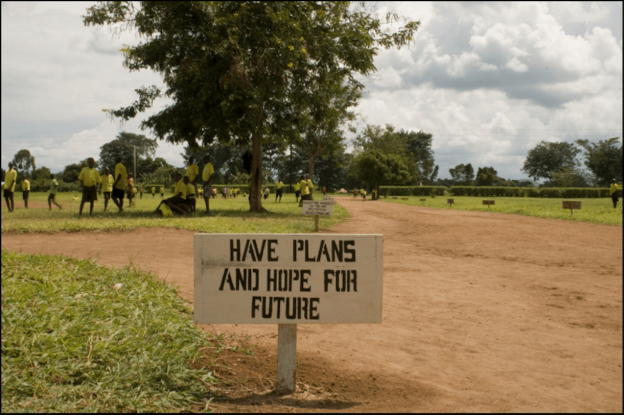Below you will find statements on:
– Respect and inclusion
– Student well being
– Pronouns
– Diversifying the syllabus
Respectful listening (see GRSJ statement of respect and inclusion below) This course examines difficult questions and contentious themes that require a deep awareness of our social location and worldviews. We will have differences of opinion and varying ways of learning and engaging with material. Part of creating a successful seminar is when students not just come to class but are “present” within it, listening intently and responding to what others are saying. Please refrain from using social media during class. All phones must be turned off and put away.
Student well-being The materials and discussions in class may be difficult for some of you, and at some point, you may feel you need extra support in working through it. I may from time to time check in with some of you, and have the resource of UBC Early Alert to assist if there is a need. You are also welcome to contact me at any point with any concerns. UBC student services can be reached during the day here. For after-hours crisis support, students should contact community resources here. We will build into the end of each seminar an exercise that helps us stop and process. I will invite your ideas, but these might include body breaks, breathing exercises, short walks or otherwise.
Pronouns – Please e-mail me your name and pronouns, or tell me at the start of class.
GRSJ: Statement of Respect and Inclusion
Recognizing we come from diverse academic and personal backgrounds, with different ways of learning, communicating and responding to assignments, we will follow the Gender, Race, Sexuality and Social Justice (GRSJ) statement of respect and inclusion:
“Diversity is an intellectual asset that can benefit from common principles of critical thinking and academic guidelines in evaluation procedures across all Institute courses. Instructors will adapt these general principles and guidelines where necessary in their own courses. Non-sexist, non-racist, non-homophobic, non-transphobic and nonheterosexist language is expected in GRSJ class discussions and course assignments. The GRSJ Institute is committed to creating a respectful workplace and learning environment that supports inclusion based on the principles of equity, diversity and social justice. Our Institute’s commitments and approach to ensuring these principles at the institutional level include progressive approaches to inclusive campus culture; equitable demographic composition; orienting new students, faculty, and staff to relevant policies and procedures; and a social justice perspective on learning, teaching and research in order to create an educational and employment environment that supports our community members’ full participation. The Institute is committed to providing accessible, usable, and welcoming spaces for faculty, staff, students, and visitors with disabilities, members of racialized communities, trans and gender-diverse peoples, regardless of their age, income, social status, religion, ethno- linguistic, nationality and citizenship status. GRSJ courses occur in learning environments that are inclusive of gender identity, gender expression, sex, race, ethnicity, class, sexual orientation, ability, age, etc. Students, instructors, visitors and readings/media in GRSJ courses often raise controversial issues. Learners and educators expect to be treated respectfully at all times and in all interactions. Disagreements can occur among course participants without being disagreeable and offensive.”
Diversifying the Syllabus
The SPPGA Director’s Fund for REDI fund has provided up to $500 per course (per term) for aligned activities, including the invitation and compensation of speakers, learning materials, and RA support to diversify syllabi. Upon receiving the funds, I have taken these steps to address how best to diversify the course and syllabi. First, I considered the following questions; what does it mean to diversify the syllabus? What strategies do I take to check implicit bias in grading? What strategies do I use to ensure the classroom is inclusive? What strategies to promote health and wellness? I have worked in partnership with faculty and students with these questions in mind to ensure that the course and materials provide different perspectives, interdisciplinary lenses and ways of knowing. The course focuses on breaking away from conventional knowledge frameworks and presenting new approaches to research creation, such as the final memory project and presentations on artists. Students will learn from a range of creative knowledge sources and assignments that question ‘expert’ concepts and Western-centric categories and approaches to justice. I understand the process of diversifying the syllabus as an ongoing one in which both myself and the students are in a continuous process of learning and unlearning.
Photo: Signpost in postconflict, northern Uganda
